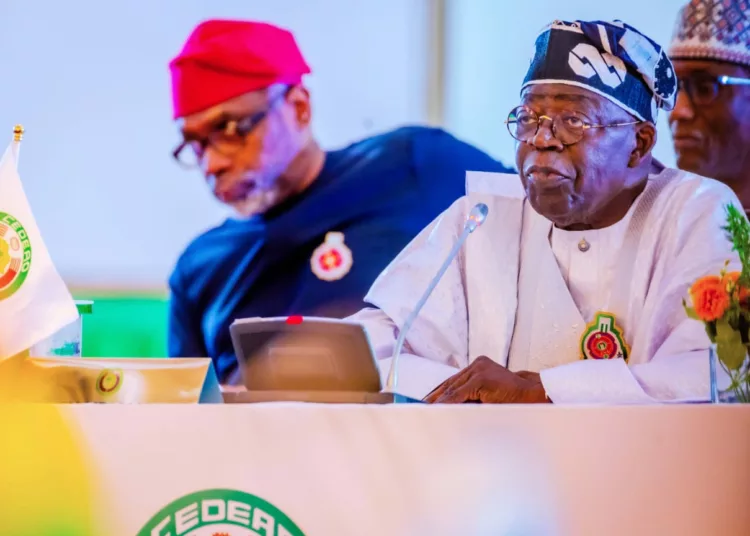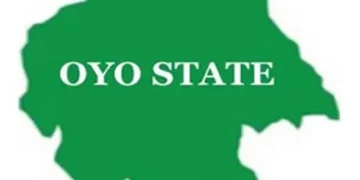Chairman of the Economic Community of West African States (ECOWAS) Authority of Heads of State and Government, President Bola Tinubu, yesterday implored West African leaders to prioritise good governance and collective prosperity as an essential tool to prevent authoritarian takeover of power and unconstitutional changes of government in the region.
Addressing the high-powered regional gathering at the 64th ordinary session of the ECOWAS Authority of Heads of State and Government, President Tinubu, in a statement by his spokesman, Ajuri Ngelale, identified good governance as a key catalyst to secure popular support through the socio-economic transformation and development of West Africa.
“The delivery of good governance is not just a fundamental commitment; it is also an avenue to address the concerns of our citizens, to improve their quality of life, and create a stable environment conducive to the achievement of sustainable development.
“By providing good governance that tackles the challenges of poverty, inequality and other concerns of the people, we would have succeeded in addressing some of the root causes of military interventions in civilian processes in our region,” the President stated.
Recounting decisions taken by West African leaders to further strengthen the region’s democratic achievements and uphold the right of the people to elect the leaders of their choice, the President said the bloc had outlined specific measures to be taken against any member state opting for an unconstitutional change of government.
“While the imposition of punitive sanctions may pose challenges, it is important to underscore that the struggle to protect the fundamental liberties of our Community’s Citizens must be upheld and respected.
“To this end, I would like to reiterate the imperative of re-engaging with the countries under military rule on the basis of realistic and short transition plans that can deliver democracy and good governance to the innocent populations in those countries.”
He pledged to provide them technical and material support, to ensure the achievement of the strategic goals.
President Tinubu also used the occasion to applaud President George Weah of Liberia for conceding victory and congratulating his opponent during the last presidential election in Liberia.
He invited leaders at the summit and other participants to give a standing ovation to President Weah. He also acknowledged the presence of former President Goodluck Jonathan of Nigeria, who in 2015 displayed a similar commitment to democratic ideals after losing his re-election to the opposition candidate, Muhammadu Buhari.
“By accepting defeat and congratulating his opponent, President Weah has left a legacy to be emulated by politicians in our region and beyond,” he said.
President Tinubu also responded to the recent decision by some ECOWAS-member states, under military rule, to float a so-called ‘Alliance of Sahel States’, describing it as distracting and emphasizing the commitment to pursuing ECOWAS integration.
“The phantom pushback dalliance appears intended to divert our attention from our mutual belief in and commitment to democracy and good governance that will impact the lives of our people.
“We refuse to be distracted from pursuing the collective dreams, aspirations, and the noble path of ECOWAS integration as it is laid out in our institutional and legal frameworks.
“I take this opportunity to also emphasize that despite the numerous challenges faced in our region, ECOWAS has achieved significant milestones for the betterment of our community.
“ECOWAS activities have always been people-oriented, with a future of raising the living standard of our people. We have to do that through a relentless focus on qualitative service delivery and good governance,” he added.
On the recent disturbances in Sierra Leone and Guinea Bissau, the ECOWAS Chairman asked fellow leaders to pay attention to protecting democracy, reiterating ECOWAS’ zero tolerance to unconstitutional changes of government.
“I urge all of us to stand strong and be highly committed in the face of any challenge’ in Sierra Leone and Guinea Bissau. The message must go down clearly that we support a democratically elected government, not an unconstitutional exercised.”











